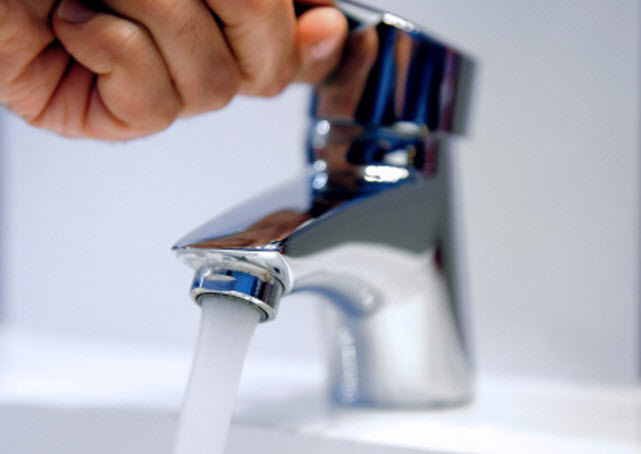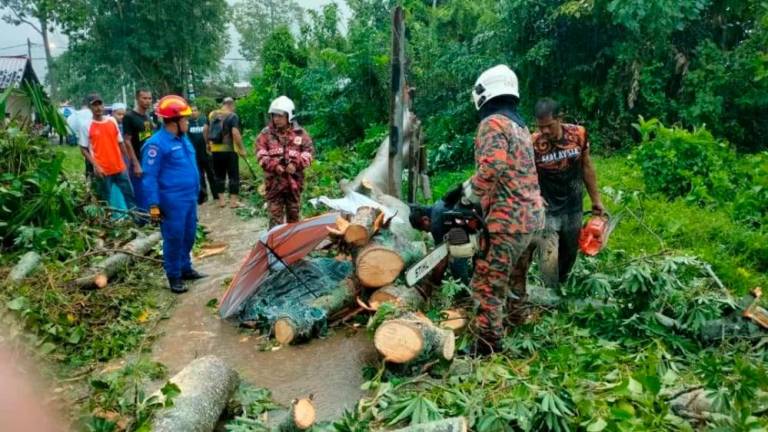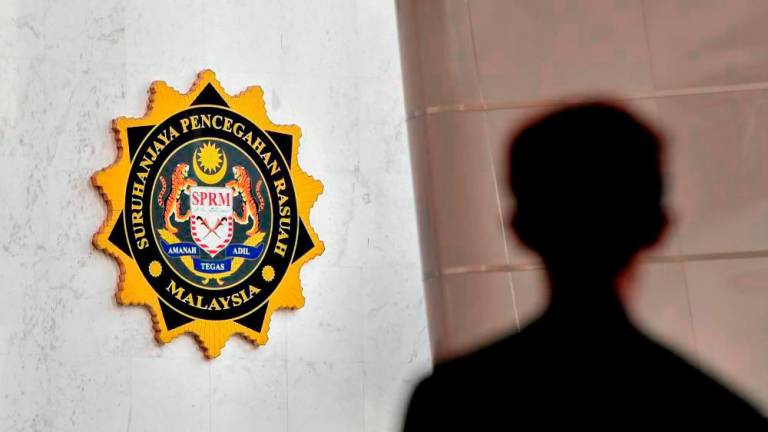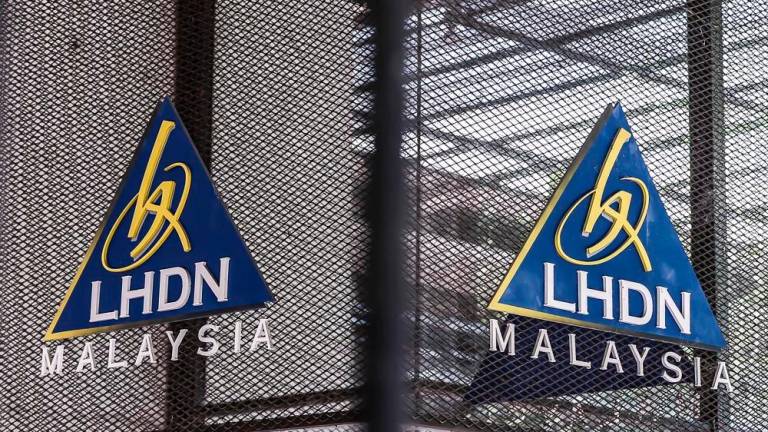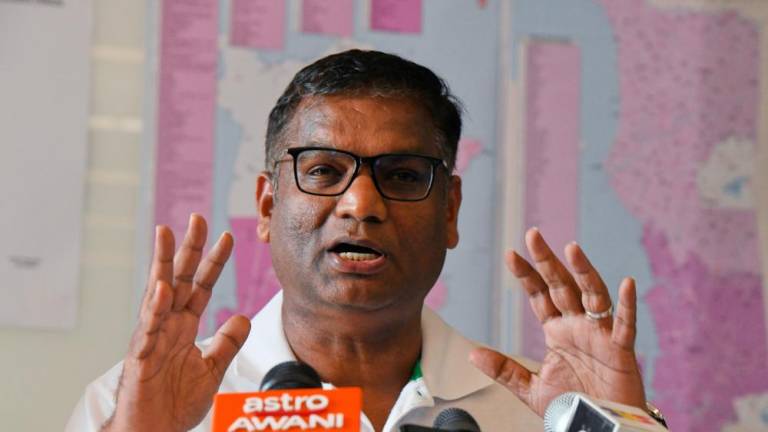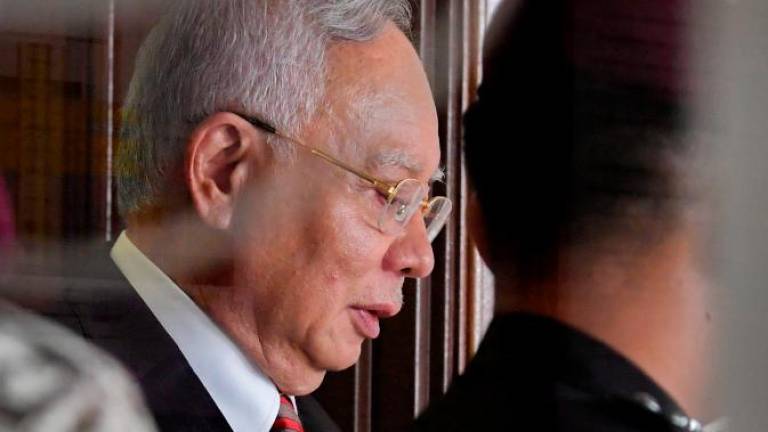KUANTAN: The government is focusing on reducing non-revenue water (NRW) to 31% by the end of the 11th Malaysia Plan (11MP), Minister of Water, Land and Natural Resources Dr Xavier Jayakumar said.
He said, he was personally dissatisfied with the NRW rate which recorded an average loss of 5,929 million litres per day (MLD) of treated water, which was sufficient to meet the water demand in Selangor at 3,316 MLD or Johor (1,320 MLD).
“One of the primary causes for this is mainly old pipes, especially the fragile and leaky asbestos cement (AC) pipes that are still widely available in the distribution system by 27% or 41,560km according to the 2017 statistics.
“In this regard, among the initiatives taken is to implement the National NRW Reduction Programme 2018/2020 involving an allocation of RM1.39 billion until 2020, where its main scope is to change and replace the pipes on a large scale,“ he said.
Dr Xavier said this at a press conference after launching the factory manufacturing the PVC-O (Oriented Unplasticised Polyvinyl Chloride) by Syarikat Molecor (SEA) Sdn Bhd in Gebeng, here, today. Also present was Water, Land and Natural Resources Ministry Secretary-General Datuk Zurinah Pawanteh.
He said Kedah recorded the highest use of AC pipes, namely 53% followed by Perlis and Kelantan, 49% respectively, and the states also recorded the highest NRW rates, namely Kedah (48%), Perlis (63%) and Kelantan (49%).
Meanwhile, the NRW rate in Pahang was still high at 48% although the use of AC pipe was only 26%.
In this regard, Dr Xavier hopes the states’ water operators can assess the need to convert AC pipes to better pipelines, such as the PVC-O pipes to reduce the risk of leakage due to corrosion that often occurs in AC pipes.
“The life expectancy of these pipes is 50 years compared to 30 years for ordinary pipes, and I am also informed that PVC-O pipe is suitable for the existing water supply system due to better hydraulic performance, using lightweight and easy-to-instal materials,” he said.
Dr Xavier added that so far, PVC-O pipes were installed in 10 states, among them Negeri Sembilan, Kelantan and Selangor involving a total of 450km.
Meanwhile, commenting on water tariff rates, Dr Xavier said Pahang showed positive developments in discussions to raise water tariffs while negotiations were still ongoing with the other states.
“The issue is not because we want to raise water tariffs alone but at the same time we want the water company to work more efficiently and have a system that can bring major changes in the water industry.
“This is not about making profits, but it means there is no excessive spending because the industry has a responsibility to the public. Water is a human rights issue but there are still areas where people do not have access to water,” he said.
Meanwhile, Molecor (SEA) Sdn Bhd chairman Datuk Ir Low Keng Kok said the plant, which started operations in 2016 with an investment of RM120 million, produces 11,000 metric tonnes or equivalent to 3,000km of Hypo PVC-O pipes per annum.
He said the PVC-O pipe was produced through collaboration and technology transfer with the Molecor Tecnologia SL Spanish Company. — Bernama



